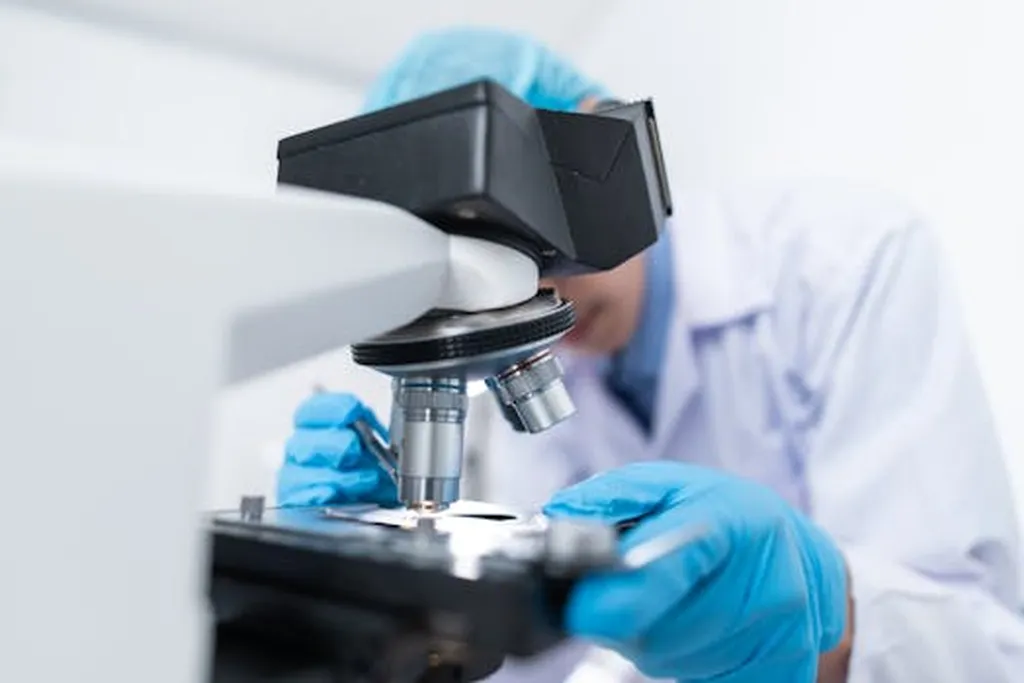In the ever-evolving landscape of precision agriculture, a groundbreaking development has emerged from the College of Digital Innovation Technology at Rangsit University in Thailand. Parkpoom Chaisiriprasert, the lead author of a recent study published in the IEEE Access journal, has introduced a novel deep learning model that promises to revolutionize leaf disease classification. The Lightweight Color-Aware Transformer (LCAT) is set to transform how farmers and agritech professionals approach crop health monitoring, offering a powerful yet efficient tool for real-time disease detection.
The LCAT model is designed to address a critical need in precision agriculture: the accurate and efficient classification of leaf diseases. With a dataset comprising 21,733 images across six distinct disease categories, the model leverages a unique attention system that combines color-focused attention with attention to various sizes of distortions. This dual focus allows LCAT to identify subtle color changes and small deformations on leaves, which are often indicative of early-stage diseases.
“Our goal was to create a model that not only achieves high accuracy but also remains computationally efficient,” said Chaisiriprasert. “By focusing on smaller, highly relevant regions of leaf images, we can maintain strong classification performance without the computational overhead typically associated with deeper transformer architectures.”
The results speak for themselves. LCAT outperforms standard Vision Transformer (ViT) models with a similar number of parameters, achieving a mean average precision (mAP) of 0.81 and a classification accuracy of 0.75, compared to ViT’s mAP of 0.75 and an accuracy of 0.68. Moreover, LCAT uses significantly fewer floating-point operations (FLOPs), at 3.33G versus 17.58G for ViT. This efficiency makes LCAT particularly suitable for deployment in environments with limited hardware resources, such as mobile devices or edge computing platforms.
The implications for the energy sector are profound. Precision agriculture, which relies heavily on real-time data and efficient processing, stands to benefit greatly from LCAT’s capabilities. Farmers can use this technology to monitor crop health more effectively, reducing the need for manual inspections and minimizing the risk of agricultural losses. This, in turn, can lead to more sustainable farming practices and improved crop yields, ultimately contributing to a more resilient and efficient food supply chain.
Looking ahead, Chaisiriprasert and his team plan to extend LCAT’s capabilities to support more crop species and plant diseases. They also aim to integrate the model into comprehensive decision support systems for precision agriculture. “Our vision is to create a tool that not only detects diseases but also provides actionable insights to farmers, helping them make informed decisions about crop management,” Chaisiriprasert added.
Published in the IEEE Access journal, which translates to “Access to Electrical and Electronics Engineers,” this research highlights the potential of transformer-based models in plant pathology. As the agricultural industry continues to embrace digital transformation, innovations like LCAT are poised to play a pivotal role in shaping the future of precision agriculture. The study not only advances the field of deep learning but also offers a practical solution that can be readily adopted by farmers and agritech professionals worldwide.

